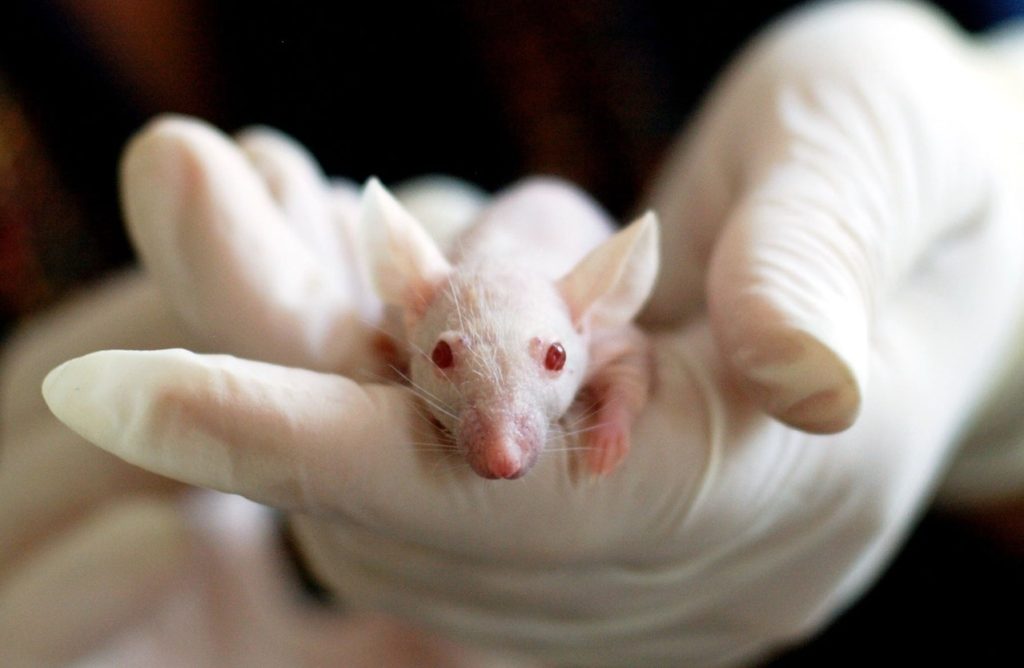Mediterranean diet components, such as olive oil and ω-3 polyunsaturated fatty acids (ω-3 PUFAs), can arrest cell growth and promote cell apoptosis. Recently, olive oil has been demonstrated to modulate type-1 cannabinoid (CB1) receptor gene expression in both human colon cancer cells and rat colon. The aim of this study was to investigate a possible link between olive oil and ω-3 PUFAs effects and CB1 receptor expression in both intestinal and adipose tissue of ApcMin/+ mice. To confirm the role for the CB1 receptor as a negative modulator of cell proliferation in human colon cancer, CB1 receptor gene expression was also detected in tumor tissue and in surrounding normal mucosa of patients with colorectal cancer (CRC). Dietary ω-3 PUFAs significantly inhibited intestinal polyp growth in mice, correlating with CB1 receptor gene and protein expression induction. CB1 receptor gene up-regulation was also detected in adipose tissue, suggesting a close communication between cancer cells and the surrounding environment. Tissue CB1 receptor induction was associated with a concurrent inactivation of the Wnt/β-catenin pathway. Moreover, there was a significant reduction in CB1 receptor gene expression levels in cancer tissue compared to normal surrounding mucosa of patients with CRC, confirming that in cancer the “protective” action of the CB1 receptor is lost.
Authors: Maria Notarnicola, Valeria Tutino, Valentina De Nunzio, Francesco Dituri, Maria Gabriella Caruso and Gianluigi Giannelli from National Institute of Gastroenterology “S. de Bellis”, Research Hospital, Castellana Grotte, Bari.
Source: Int. J. Mol. Sci. 2017, 18(3), 485; https://doi.org/10.3390/ijms18030485
This is an open access article distributed under the Creative Commons Attribution License which permits unrestricted use, distribution, and reproduction in any medium, provided the original work is properly cited.

